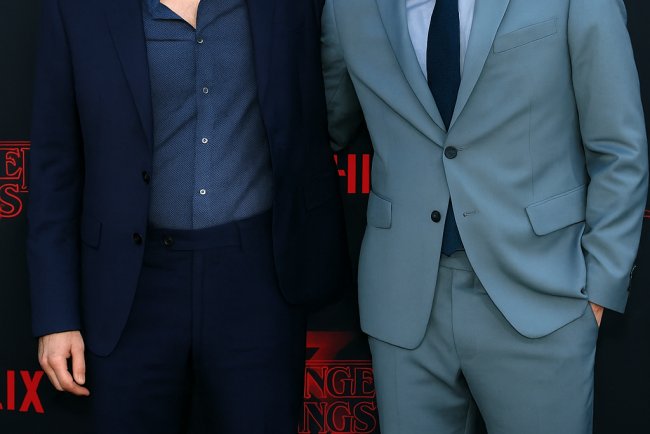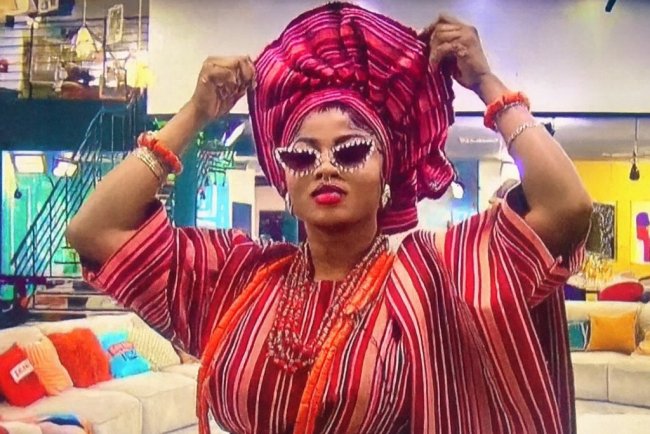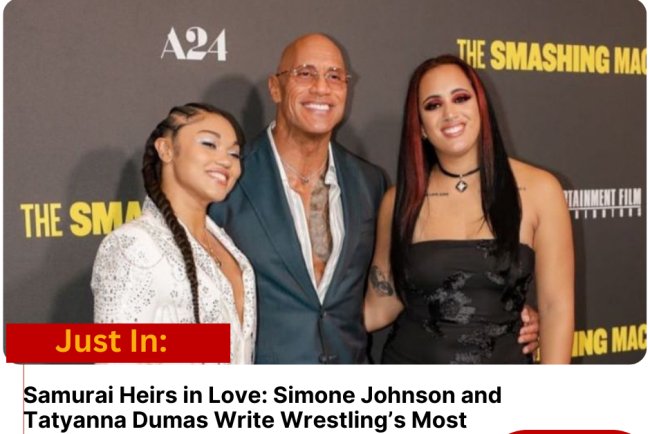Lily Allen’s “West End Girl”: A Heartbreak Reborn on Britain’s Velvet Stages
Lily Allen’s “West End Girl”: A Heartbreak Reborn on Britain’s Velvet Stages
Lily Allen’s West End Girl: A Heartbreak Odyssey in 12 Acts, Bleeding Across Britain’s Velvet Stages ????????
In the dim glow of a Soho rehearsal room, where cigarette haze once mingled with the ghosts of Amy Winehouse and Arctic Monkeys, Lily Allen sits barefoot on a Persian rug, cradling a chipped mug of tea like a lifeline. It’s October 2025, and the 40-year-old pop provocateur—once the grinning rebel of Alright, Still (2006), who weaponized sarcasm in “Smile” and class warfare in “LDN”—is no longer smirking. Her fifth studio album, West End Girl, dropped on September 12 via Parlophone, and it’s not a comeback; it’s a confession. Twelve tracks, 42 minutes, zero filters. Every lyric is a shard of the marriage that shattered in 2023: her divorce from actor David Harbour, finalized in Los Angeles amid tabloid storms and transatlantic silence. On March 3, 2026, Allen will drag that wreckage across 18 UK theatres—not arenas, not festivals, but velvet-curtained sanctuaries where every sob, laugh, and f-bomb will land like a spotlight on raw skin.
The tour, titled West End Girl: Unpacked, is no standard album playback. It’s a hybrid: part gig, part one-woman show, part therapy session. Allen will perform the record front-to-back, seated at a baby grand for ballads, prowling the stage with a cordless mic for the bangers, and pausing between songs to narrate—unscripted, unapologetic. “I want people to feel like they’re in my living room,” she told The Guardian in a rare sit-down, her voice cracking on the word living. “Except my living room now has a divorce decree on the coffee table.” The setlist is locked: opener “Curtain Up” (a theatrical fanfare sampling Sunset Boulevard), the venomous “Stranger Things (Are Over)” (a synth-pop gut-punch aimed at Harbour’s Netflix empire), the acoustic weepie “Empty Side of the Bed,” and closer “Exit Music (For a Marriage),” a reworking of Radiohead’s classic with rewritten lyrics: “We hope that you choke” becomes “We hope that you cope.”
Recorded in a converted chapel in Margate—where Allen fled post-separation with her daughters Ethel and Marnie—the album is produced by long-time collaborator Mark Ronson and rising star Inflo (of Sault). It’s her most sonically daring: chamber-pop strings on “Ghost Light,” hyperpop glitches in “Rehearsal for Heartbreak,” and a spoken-word interlude, “Interval,” where Allen reads actual court documents over a heartbeat kick. The lead single, “Not My Leading Man,” premiered on BBC Radio 1 on August 8, 2025, and stormed to #2 on the UK Singles Chart—her highest debut in 15 years. Its video, directed by Sophie Muller, sees Allen torching wedding photos in a West End alley while belting: “You were supposed to be my happy ending / But you couldn’t even read the script.”
Critics are calling it a masterpiece of midlife reckoning. NME awarded 5 stars: “Allen has weaponized vulnerability into high art—this is Lemonade for the West End, Blood on the Tracks for the Tinder generation.” The Times hailed “her most sophisticated songwriting yet,” while Pitchfork (8.4) noted, “She’s traded bratty charm for bruised wisdom, and it suits her.” On release day, West End Girl debuted at #1 on the UK Albums Chart, outselling the rest of the Top 5 combined—a feat unseen since Adele’s 30. By week two, it was certified Gold, with 250,000 global streams in the first 24 hours alone.
The tour routing is poetic: it begins March 3 at the Theatre Royal, Brighton—where Allen first performed aged 15 in The Threepenny Opera—and ends April 1 at the London Palladium, the spiritual home of British theatre. In between: Manchester’s Palace (where she’ll duet with local hero Aitch on a surprise remix), Glasgow’s King’s (with a bagpipe intro to “Alimony Blues”), and Cardiff’s New Theatre (where her Welsh grandmother once sold programmes). Each venue is under 2,000 capacity—intimate enough for Allen to lock eyes with the front row and ask, “Who’s been ghosted this week?”
This isn’t Allen’s first rodeo with personal catharsis. Her 2018 album No Shame dissected motherhood and fame; Sheezus (2014) skewered industry sexism. But West End Girl is different—it’s the sound of a woman who no longer needs to prove she’s “one of the lads.” Motherhood anchors the narrative: “Marnie’s Lullaby” is a whispered apology to her youngest for the paparazzi chaos; “Ethel’s Revenge” imagines her eldest, now 13, writing a diss track about her dad. Allen’s voice—once nasal and sneering—has deepened into something smoky, lived-in, like a theatre curtain soaked in red wine.
The cultural ripple is seismic. On X, #WestEndGirl trended for 48 hours post-release, with @lilyallenarchive unearthing 2006 demo tapes that mirror the new album’s themes. @popjustice called it “the breakup album Taylor Swift wishes she wrote at 40.” TikTok is flooded with “Not My Leading Man” lip-syncs—users reenacting divorce court in theatre costumes. Even Harbour, in a Variety profile, admitted, “The album hurts, but it’s honest. I respect the art.” Allen’s response? A single X post: “????????????” with 1.2 million likes.
Beyond the music, Allen is giving back. Ten percent of ticket proceeds fund Refuge, the UK’s largest domestic abuse charity—tying into the album’s subtext of emotional coercion. She’s also launched West End Girl Workshops in each tour city: free songwriting sessions for women aged 16–25, mentored by Allen and her band. “I wish someone had told 15-year-old me that heartbreak isn’t the end of the story,” she said.
As March looms, the theatre world braces. Stage managers report Allen insisting on real wine onstage (“For authenticity”), no backing tracks, and a mid-show “interval” where audience members can text questions to a projected screen. One leaked rehearsal clip shows her breaking down during “Empty Side of the Bed,” then laughing: “Sorry, lads—divorce is messy.” The band—drummer Chris Dave, bassist Pino Palladino, and a string quartet—play on, unfazed.
In conclusion the West End Girl isn’t just an album; it’s a reclamation. From the council estate of Hammersmith to the West End’s glowing marquees, Lily Allen has spent two decades turning pain into pop. Now, at 40, divorced, sober-curious, and fiercely maternal, she’s not asking for sympathy—she’s demanding witness. When the curtain rises in Brighton, 1,200 strangers will hold their breath as one woman sings her wreckage into something luminous. And in that shared silence, between the final chord and the standing ovation, Britain will remember: the stage is where broken hearts go to heal.
What's Your Reaction?






















